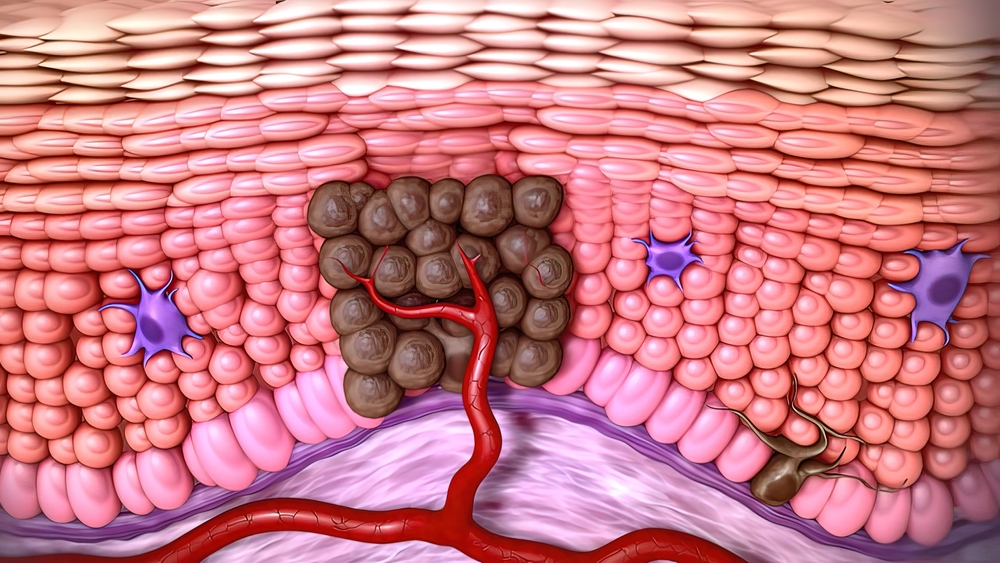Cancer that splits and develops in new organs around the body becomes significantly more difficult to fight.
Researchers at Chalmers University of Technology, Sweden, have shown that these metastatic cancers, which spread from the original, adapt their metabolism to the tissue in which they grow.
The discovery represents a breakthrough for the understanding of metastatic cancer and is an important piece of the puzzle in the search for more effective treatments.
In the new research, which was recently presented in the scientific journal PNAS, researchers in Systems and Synthetic Biology at Chalmers examined how metabolism works in cancer cells that have spread via metastases – also called secondary tumors – to new organs. The study gave the researchers new insights into how the metastases adapt to their new environment.
“Obviously, the local environment affects the cancer cells more than previously known. The metastatic tumors should show the same metabolic properties no matter where in the body they are located, but we discovered that the cancer cells largely adapted their metabolism to the new tissue in order to continue to develop and grow. This is important knowledge, which shows that we cannot consider the metastases as their original tumors,” said Fariba Roshanzamir, PhD in Systems and Synthetic Biology at Chalmers and the study’s lead author.
Tools for inhibiting cancer metabolism
Roshanzamir works in Jens Nielsen’s research group at Chalmers and has, together with Swedish and international colleagues, been able to establish the results. The study focused primarily on so-called triple-negative breast cancer – a severe breast cancer that is difficult to treat with drugs – but the conclusions can, according to the researchers, be applied to all types of metastatic cancer. This opens new doors to develop more effective treatments.
“If we manage to shut down the metabolism in a tumor, it will stop working and this study provides important keys to better understand what to target. Selecting metabolic inhibitors that specifically target the metastases in the organs to which the tumor has spread, rather than treating them as their original tumors, is of great importance to be able to find good strategies for treatments in the future,” Roshanzamir said.
New views of metastatic cancers
Today, the spread of cancer to new organs is one of the leading causes of death in cancer patients. Nielsen, professor of Systems and Synthetic Biology at Chalmers University of Technology and one of the study’s authors, hopes that it will lead to a new view of the properties and behavior of metastases.
“This is a breakthrough in terms of our understanding of metastatic cancer and an important step on the way to more individualized drugs,” he said.
Partnering 2030: The Biotech Perspective 2023






